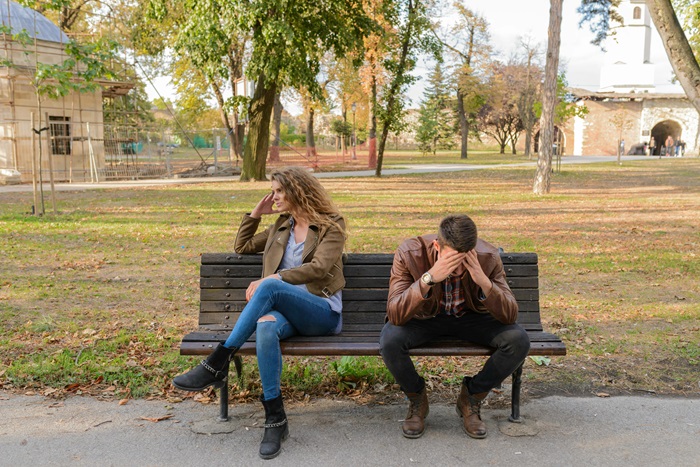Understanding Anxiety: A Comprehensive Guide

Anxiety is a natural part of life. It can alert us to danger, help us prepare for challenges, and keep us focused when something important is at stake. But when anxiety becomes overwhelming, constant, or disconnected from any immediate threat, it can begin to interfere with daily life and well-being.
This guide is here to offer a clear and compassionate overview of anxiety-- what it is, how it shows up, and what can help. Whether you are personally experiencing anxiety or supporting someone who is, learning more about it is a powerful first step.
What Is Anxiety?
Anxiety is a state of increased alertness in response to perceived stress or danger. It affects both the mind and the body, often showing up as racing thoughts, restlessness, difficulty concentrating, fatigue, or physical symptoms like a fast heart rate, nausea, or muscle tension.
It is important to understand that anxiety is not a sign of weakness. It is a common and natural human experience that becomes more difficult only when it starts to impact your quality of life in a consistent or intense way.
Common Types of Anxiety
While everyone feels anxious at times, persistent or intense anxiety may indicate an anxiety disorder. Some of the most commonly recognized types include:
- Generalized Anxiety Disorder: Frequent worry or tension about everyday things, even when there is no clear reason to feel concerned.
- Panic Disorder: Sudden episodes of intense fear or discomfort, often accompanied by physical symptoms like chest pain or shortness of breath.
- Social Anxiety: A strong fear of being judged, embarrassed, or rejected in social or performance situations.
- Phobias: Fear of a specific situation or object such as flying, heights, or animals that leads to avoidance.
- Obsessive Compulsive Disorder: Repetitive thoughts or behaviors that feel difficult to control or resist.
- Post Traumatic Stress: An ongoing stress response that develops after experiencing or witnessing a traumatic event.
What Anxiety Feels Like
Anxiety can affect people in many different ways. Some describe it as a background buzz that never goes away. Others feel it in waves or sudden bursts. Common emotional and physical symptoms include:
- Persistent worry or racing thoughts
- Trouble relaxing or falling asleep
- Irritability, restlessness, or feeling on edge
- Upset stomach, tension in the body, or frequent headaches
- Difficulty concentrating or feeling mentally foggy
It is worth remembering that even when symptoms feel invisible to others, they are real and deserve attention and care.
Ways to Manage Anxiety
While there is no one-size-fits-all solution, many people find relief through consistent strategies that support both mental and physical well-being. Here are a few practices shown to help reduce anxiety:
- Breathing and grounding: Slowing your breath and paying attention to the present moment can help settle the nervous system.
- Movement and exercise: Gentle physical activity can release tension and increase natural mood support chemicals in the brain.
- Mindfulness and meditation: Bringing awareness to your thoughts and feelings without judgment helps create space for choice and calm.
- Sleep and routine: Keeping a regular sleep schedule and daily rhythm supports your ability to regulate stress.
- Journaling or creative expression: Writing or making art allows emotions to move and be understood.
- Professional support: Working with a mental health provider can help you learn specific tools and develop a plan that fits your needs.
When to Reach Out for Help
If anxiety is interfering with your relationships, work, school, or overall peace of mind, it may be time to talk with someone. You do not have to wait until things feel out of control. Reaching out for help is a sign of strength and an act of self-respect.
There are many ways to start, and care can be tailored to your comfort and cultural context.
Respecting Your Background and Experience
People experience and express anxiety differently, especially across cultural identities. In Hawaii and other diverse communities, healing may be deeply connected to family, spirituality, nature, or cultural practices. These experiences are valid and important to include in any wellness conversation.
Self-awareness, emotional health, and cultural identity all intersect. The most effective support meets you where you are, honors your values, and centers your voice.
A Final Thought
Understanding anxiety is not about getting rid of uncomfortable feelings altogether. It is about learning how to care for yourself when those feelings arise. Whether you take a small step today or simply reflect on what you have read, that in itself is progress.
You are not alone, and support is available when you are ready.
